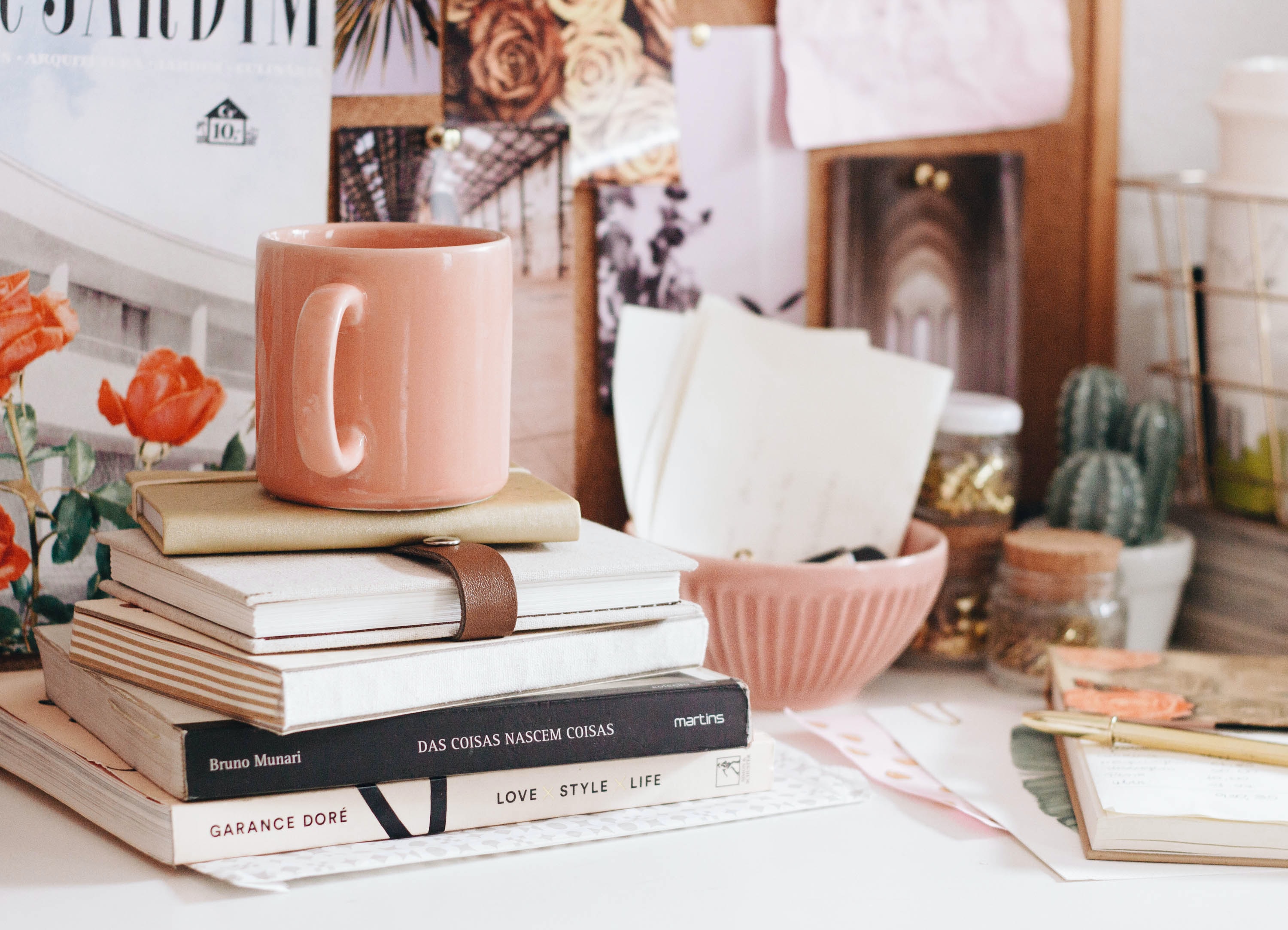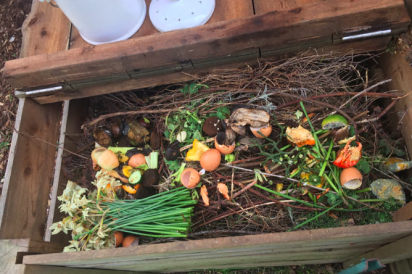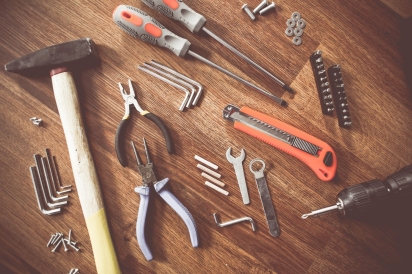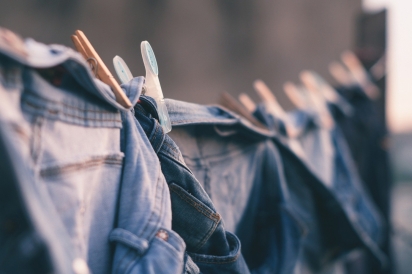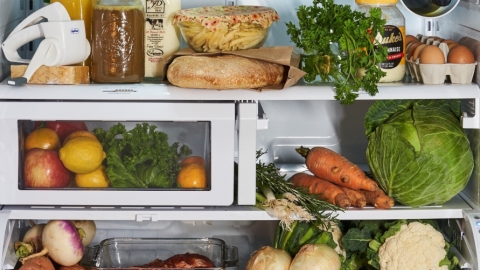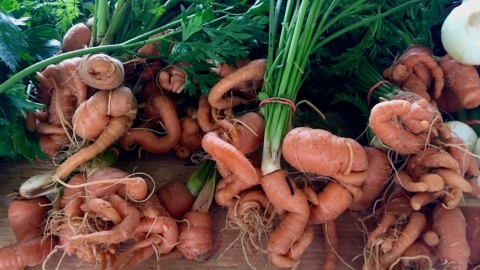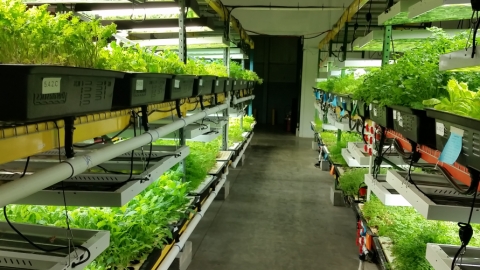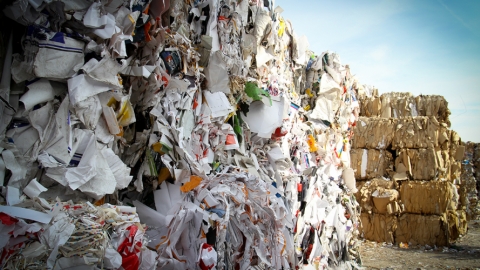Embracing A Zero Waste Journey
“We don’t need a handful of people doing zero waste perfectly. We need millions of people doing it imperfectly.” – Anne-Marie Bonneau, founder of Zero-Waste Chef
We are a family of four and over the last ten years we have upped our recycling, started composting, we take our reusable bags to the store, and we buy package-free whenever possible. But it still seems difficult – if not impossible – to waste absolutely nothing. That is why I like thinking about zero waste living like Anne-Marie Bonneau does: We are all part of the millions of people that need to do zero waste imperfectly.
Every year I pick one new habit I would like to adopt, that will help me make progress on my low-waste journey. I’ve started carrying reusable bags in my purse and not only using them for groceries, but for all shopping. I’m getting local food delivered to our front door in reusable crates and glass containers, which the company then picks up the following week. This year, I’ve started bringing my own reusable containers to restaurants for take-out. Concentrating on one new habit gives me focus and feels doable.
Currently, my kids’ school is closed and all their classes are online. My husband and I are teleworking. The COVID-19 pandemic is keeping us close to home, which has translated into much more cooking, greater water and energy use, less travel… Being home has challenged me to consider, “How can we modify our habits to live a low-waste lifestyle?” Here are some ideas and strategies:
Reduce food waste:
Americans produce 1,700 lbs of trash per person per year – three times the global average. In Nashville, 67% of residents and businesses put food scraps in the trash. It is easy to load up our trash cans and send it “away,” but our landfills are filling up and there really is no “away.” So, what can we do to lower our footprint?
· Eat leftovers. The average person wastes 28 pounds of food per month. But through planning shopping trips and meals, and eating leftovers, we can both reduce waste and save money!
· Compost food scraps. Start a compost pile at home or compost through a local business.
Buy less:
The average consumer bought 60% more clothes in 2014 than in 2000, but kept each garment for only half as long. On average, we wear each garment only seven times!
· Try buying no new clothes for a month. Or if you want to challenge yourself even more, do a Buy Nothing year! You can find blog posts online of people who bought no clothes for a year, and even people who bought nothing (other than food, toiletries and medicine) for a year.
· Before you buy, ask yourself if there is another way to get what you need. Can you find the book electronically from your local library? Can you use something you already own, in a different way, to achieve the same results you want?
· YouTube is full of how-to videos from mending clothes to fixing small appliances. Try to fix first, before replacing.
Low-waste practices:
When you do need to make a purchase, here are some tips on doing it with the least waste possible:
· Buy secondhand (online). Thrift-store clothing is hip again, and it is also possible to buy returned products from numerous retailers that would otherwise be landfilled. It is very easy nowadays to return our impulse buys, but unfortunately many of these returns get sent to the landfill. Buying secondhand or returned products can help with this problem.
· Shop local. Nashville’s shops have taken a beating in 2020. When we shop from our local retailers and restaurants (even when it’s online or carryout), we get to know the people who work there, as well as improve the local economy.
Let’s all embrace our (imperfect) zero waste journeys. Send your zero waste tips and tricks to socket@nashville.gov and we’ll feature them on the Socket social media outlets.
Resources for your journey:
· Connect with neighbors to learn and share information through the Zero Waste Nashville Facebook group.
· Read Socket’s blog about green grocery shopping.
· Meet fellow composters and share tips via the Tennessee Environmental Council’s Come, Post your Compost campaign.
· Read this Tennessean article about local businesses and initiatives to go zero waste.
· Visit the Zero Waste Home website. Bea Johnson has been called “the mother of the zero waste lifestyle movement” by CNN. Her Zero Waste Home book has been translated into 27 languages.


